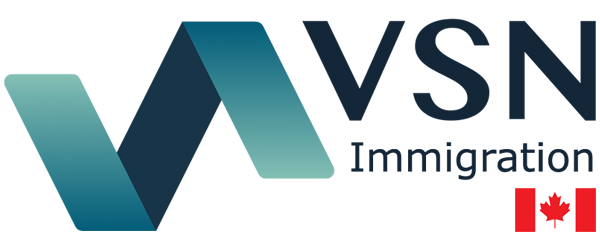Atlantic Immigration Pilot became a permanent immigration program
On February 17, 2021, Immigration, Refugees and Citizenship Canada (IRCC) announced the Atlantic Immigration Pilot (AIPP) became a permanent immigration program. The government positively assesses the AIPP and therefore fulfils one of its pre-election promises in the immigration dimension. The Pilot was launched in 2017 and since then 7340 immigrants were granted permanent residence under the program. Although in 2020, there was a decline in the total number of AIPP immigrants, only 1705 newcomers compared to 4140 in 2019, the overall assessment of the program was an undeniable success in attracting and retaining immigrants to Atlantic Canada. Being an employer-driven program, AIPP designated over 2,800 employers in all four Atlantic provinces to hire foreign workers and endorse their PR applications.
#IRCC, #immigration_policy, #AIPP, #Atlantic_Canada, #Nova_Scotia, #New_Brunswick, #Prince_Edward_Island, #Newfoundland_and_Labrador, #PR_admission
Citizens of Belarus are now eligible for a simplified PRRA procedure
On February 19, 2021, Immigration, Refugees and Citizenship Canada (IRCC) posted an update related to a pre-removal risk assessment (PRRA) eligibility for individuals from Belarus. The continuous violence of the government towards peaceful protesters increased the risk for those who received a removal order. Thus, IRCC along with the Canada Border Services Agency (CBSA) allow Belarusians who received a final negative decision from the Immigration and Refugee Board of Canada or the Federal Court between February 20, 2020, and February 19, 2021, to apply for a PRRA. Individuals from Belarus may now be exempt from the 12-month bar on applying for a PRRA.
#IRCC, #CBSA, #IRB, #asylum_claim, #refugees, #Belarus
Mandatory hotel quarantines for refugees will be covered by the federal government
Effective February 22, 2021, most travelers arriving in Canada will have to stay up to three nights in government-approved hotels while they await their COVID-19 test results. Travelers will have to pay about $2000 for the hotel out of their own pockets. The new rules should limit international travel and curb the desire of Canadians to leave the country. Mandatory hotel quarantines for refugees will be covered by the federal government. The federal government will also cover the cost of mandatory COVID-19 testing on arrival for refugees. At the same time, refugees will not stay in the same hotels as Canadians returning home. Accommodation of refugees is carried out by the government and resettlement organizations. Canada will also pay refugees to retest for COVID-19, which is now required 10 days after the first.
#travel_restrictions, #IRCC, #COVID_19, #refugees
Canada welcomed 1,680 business-immigrants in 2020
According to data by Immigration, Refugees and Citizenship Canada (IRCC), Canada admitted 1,680 permanent residents in all business immigration categories in 2020. The majority of business immigrants or 1,055 individuals (62.8%) were under the Investor category. All of them were granted PR in the framework of the Quebec Immigrant Investor Program (QIIP). Another 260 entrepreneurs immigrated under the Start-Up Visa Program (15.6%). The Self-Employed Persons Program attracted 315 individuals (18.8%). Finally, another 45 business immigrants (2.8%) were granted permanent residence under the category Entrepreneur which includes all other business immigration programs.
#business_immigration, #Start_up_visa, #SUV, #entrepreneurs, #Quebec, #QIIP, #investors, #business_immigration, #SEPP, #self_employed
